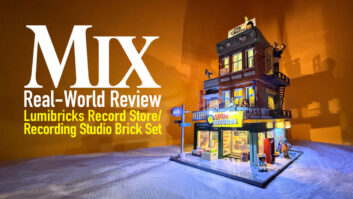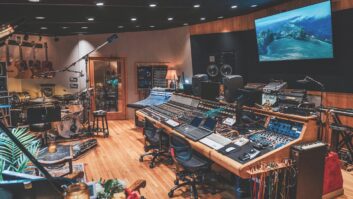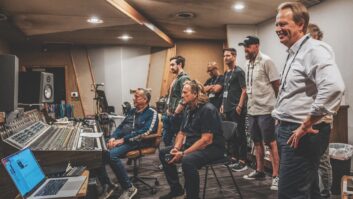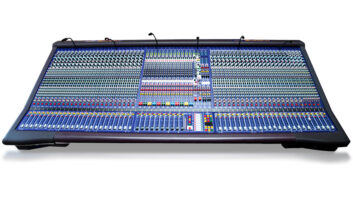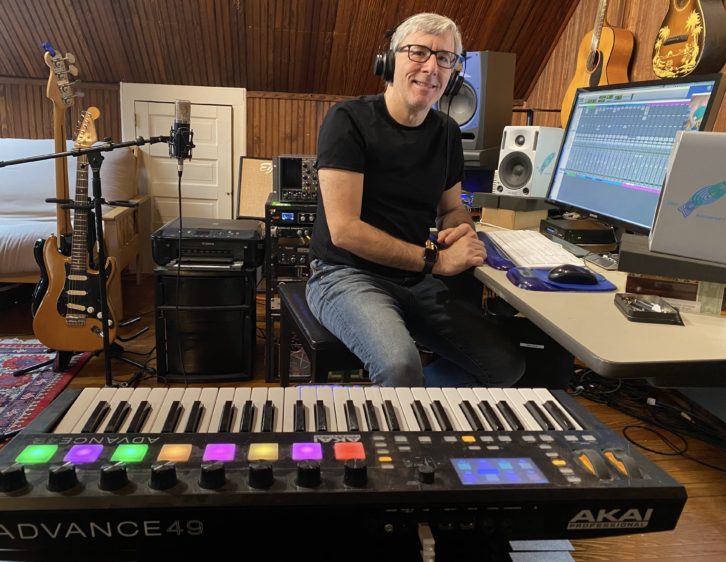
I have a pet peeve when it comes to music criticism. If a review covers a song or album in a genre with vocals—such as pop, rock, country, R&B or whatever—critics routinely ignore or give short shrift to the instruments and production, instead focusing primarily on the vocals and lyrics.
I’m not saying vocals and lyrics aren’t important. But the musicianship, arrangement and production are also crucial to the final product and rarely get the attention they deserve.
My theory is that most critics have no hands-on musical experience. It’s easier for them to write about what an artist was trying to say than to provide a useful critique or commentary that also considers the musicianship and production quality. I would love to read music reviews that put at least some emphasis on the players, the mix, the arrangement, the instrumentation and so forth. It can’t be that hard to explain to the average reader.
Read more Mix Blog Studio: Ready to Record, Wherever and Whenever.
It’s a different story with jazz and classical reviews the lion’s share of attention. Presumably, reviewers in those styles have to be more knowledgeable or they wouldn’t be able to parse and understand what they’re hearing.
What kind of background do you need to be a rock or pop critic? Other than some writing skills and a knowledge of relevant artists and releases, it doesn’t seem like the bar is very high. And, surprise, surprise, the Internet has taken music criticism to an even lower level.
While it’s true that the established music review sites get the bulk of the readership, anyone with a computer or smartphone and an internet connection can throw his or her hat into the music criticism ring. Whether it’s in a blog, vlog or podcast, they can get their opinions onto the web.
If they’re smart about search engine optimization and marketing, they can get at least some traffic to their site, podcast or video. Granted, it’s much less likely that a DIY reviewer will become hugely influential, but stranger things have happened.
Opinions are at the core of any kind of review, whether it’s music, movies, restaurants or gear. But for the readers/viewers/listeners to get any value, they need to be confident that the reviewer is putting some knowledge behind those opinions.
In addition to historical perspective about the genres they write about, which is often crucial to contextualizing their commentary, critics should have some understanding of music production and what it takes to create a record. Applying that kind of knowledge to a review would benefit the reader and the artists being critiqued.
For the latter, the music press is a minefield to be traversed with care. For an artist who’s trying to break through, good press is critical. It helps drive traffic to the website, Bandcamp page or other online destinations. And once live performances have come back from their Covid hiatus, favorable reviews will help artists sell tickets to their shows, which is almost certain to be their most lucrative revenue stream.
If you’re an artist, you want to think that the critics who can make or break your career know what they’re talking about, beyond just the lyrics. Unfortunately, that’s not something you can count on.

